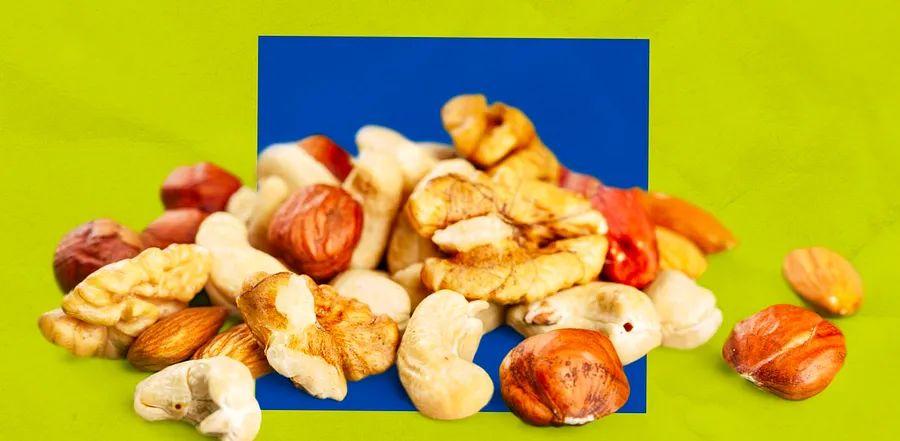Planters Resolves the Argument: Here’s the Best Way to Store Your Nuts

During a recent grocery store trip with my mom, we grabbed a jar of peanuts to curb our hunger before dinner. When we got home, I casually put the jar in a kitchen cabinet without a second thought.
Later, as I opened the cabinet to find something for dinner, I started questioning the best place to keep that open jar of peanuts. We all know where to store grated Parmesan cheese, sliced bread, and peanut butter, but what about raw nuts?
We reached out to the experts for the answer, but before we get into the best storage method for nuts, let’s take a quick look at their historical connection to human diets.
The Evolution of Nuts
Humans have been snacking on nuts for hundreds of thousands of years, and it’s not a recent habit. Archaeologists in Israel uncovered evidence that nuts—such as wild almonds, water chestnuts, acorns, and pistachios—were staples in the diet of early humans nearly 780,000 years ago. Fast forward to ancient Rome, where walnuts were considered "food for the gods." In the U.S., pecan remnants found alongside human artifacts in Texas date back to 6100 B.C.E., and walnuts were introduced to California from Spain in the 18th century.
Where Should You Store Nuts?
While our ancestors didn’t have the luxury of choosing how to store the nuts they ate, today we’re spoiled for options. The big question now is: once you open a jar or container of nuts, should you keep them in the pantry, the fridge, or the freezer? We asked an expert for advice.
"If you plan to eat the nuts fairly soon, storing them at room temperature is perfectly fine," says Amber Pylypiw, group manager at Planters brand research and development. "However, if you expect it will take you longer to finish them, refrigeration or freezing is a good option to extend their shelf life."
"Nuts are best enjoyed at room temperature, so if you store them in the fridge or freezer, make sure to take them out a little before eating to give them time to warm up," she advises. This tip applies to all types of nuts, including peanuts, which are technically legumes.
Pylypiw recommends storing nuts in a cool, dark, dry place, like the fridge, to help keep them fresh for a longer period of time.
"It’s also a good idea to minimize air exposure in the package. If you’re using a bag, squeeze out the air or roll the top down. Better yet, store them in an airtight container,” she advises.
If you choose to refrigerate your nuts, Pylypiw cautions that their high-fat content makes them prone to absorbing odors from other foods around them.
"Be mindful not to store your nuts next to strong-smelling foods, like cantaloupe or heavily seasoned meats. You may find that your nuts pick up those flavors over time," she warns, adding that freezing nuts for long periods may result in a slight increase in brittleness after thawing, although the difference is usually subtle.
Some Nuts Are More Sensitive Than Others
While there are no hard and fast rules for storing every type of nut, Pylypiw notes that some, like walnuts and pecans, are more prone to spoilage. Additionally, milder nuts such as macadamias and cashews tend to absorb nearby flavors in the fridge more easily.
"Peanuts are the most resilient 'nut,' and they can stay open for quite a while without developing any unpleasant tastes or smells, thanks to their naturally strong flavor," she adds.
So, there you have it—when it comes to storing your nuts, feel free to get creative, whether it’s in the pantry, fridge, or freezer.

1

2

3

4

5
Evaluation :
5/5